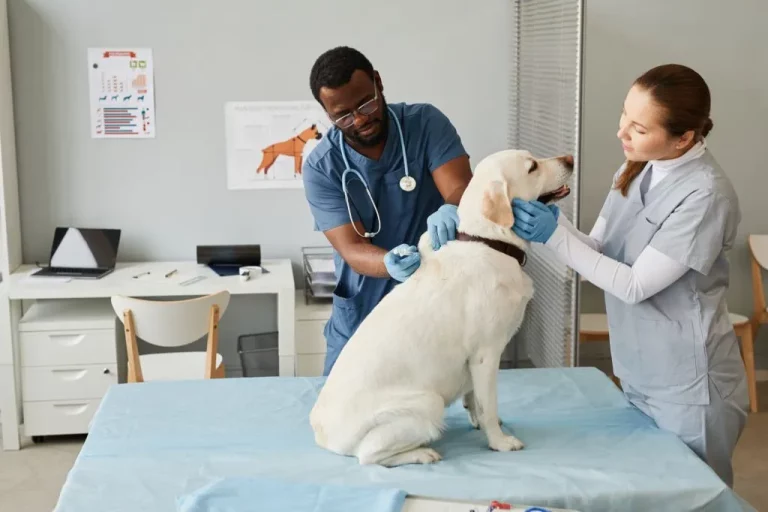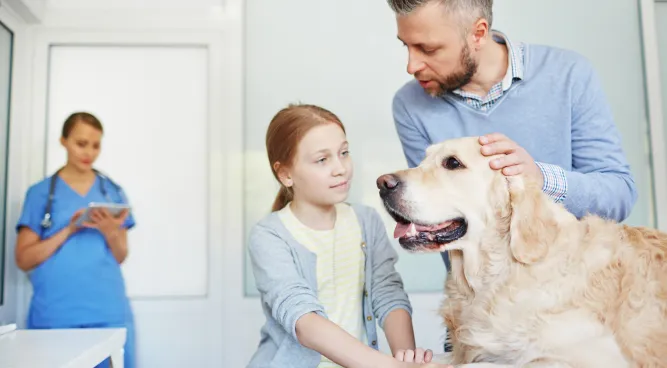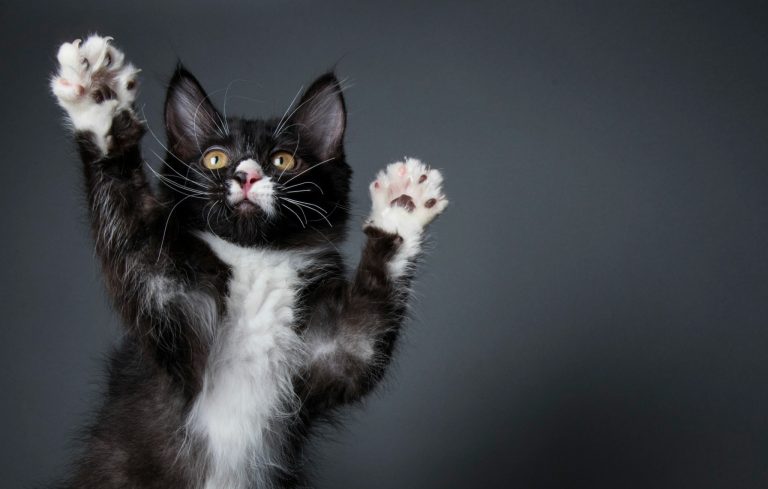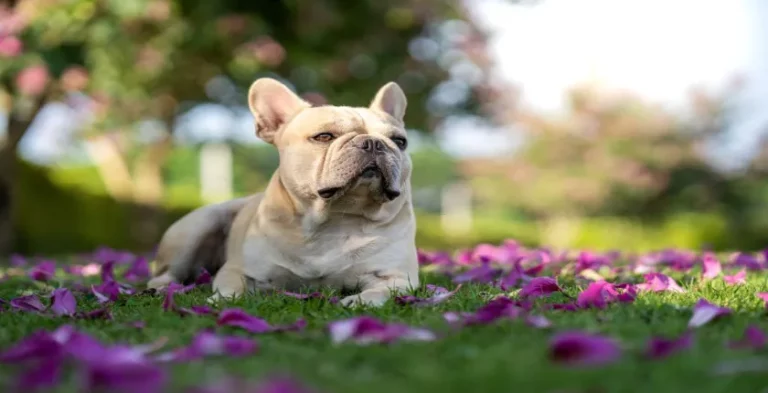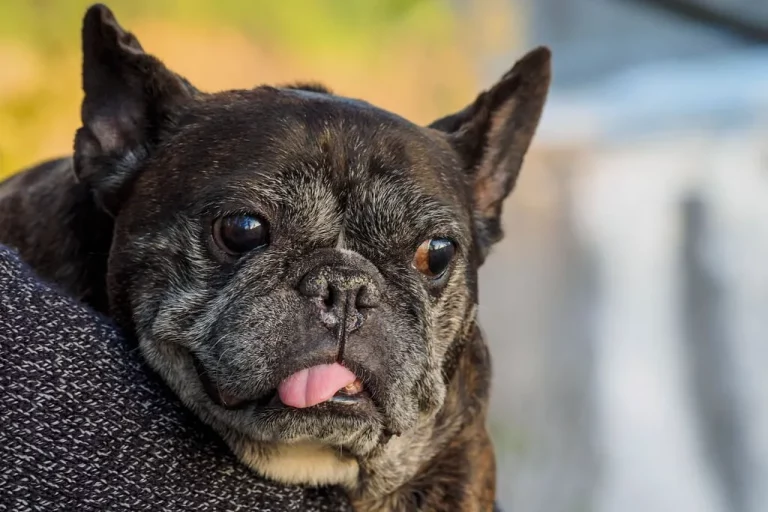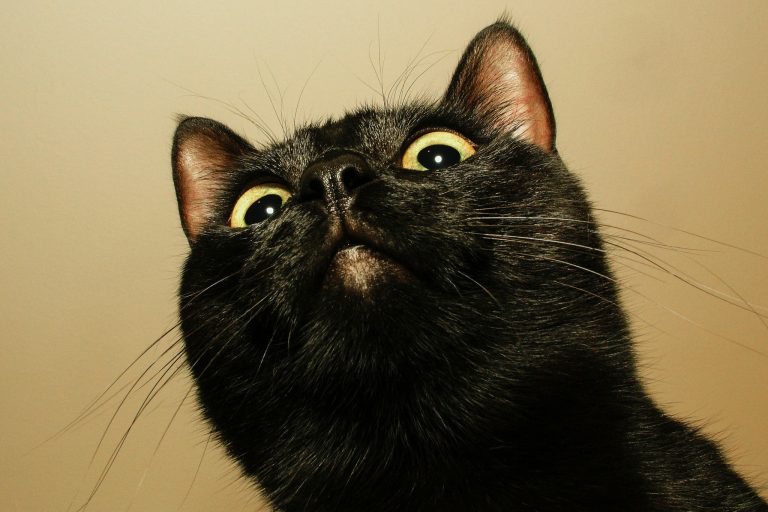Is my cat too skinny if I can feel her spine? A Comprehensive Guide
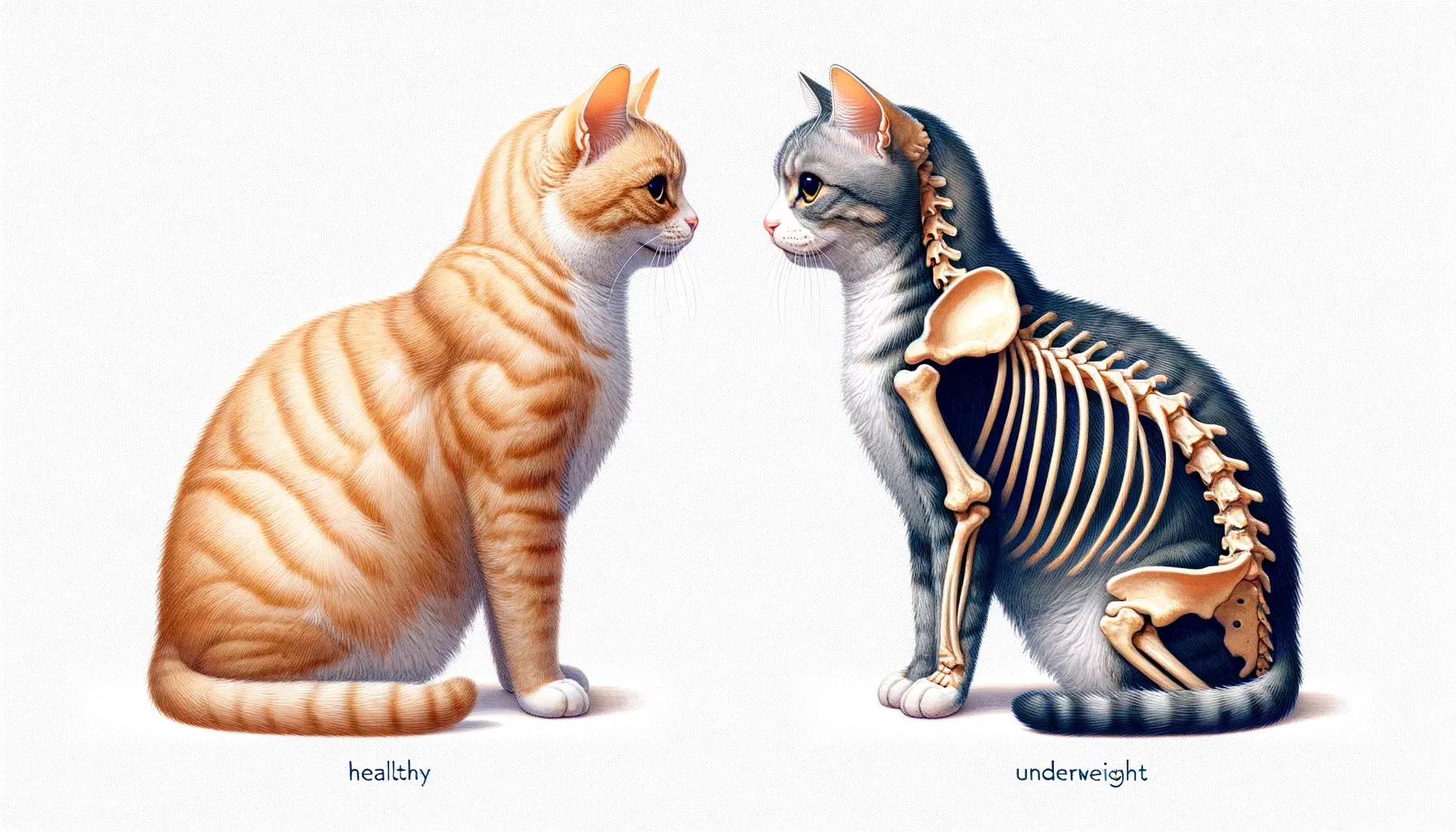
Table of Contents
Wondering about your cat’s weight? Explore concerns like ‘Is my cat too skinny if I can feel her spine?’ Learn about feline health indicators and discover if your cat’s spine sensitivity is a sign of potential underweight issues.
Being able to easily feel your cat’s spine and ribs may be a sign that your feline friend is too thin. Monitoring your cat’s weight is important, as being underweight can lead to health problems. But what exactly constitutes a skinny cat, and at what point should you be concerned? This article will cover the signs of an underweight cat, potential causes, risks, and tips for helping a skinny kitty gain weight safely. Read on to learn more about assessing if your cat’s slender build is a cause for concern.
Is my cat too skinny if I can feel her spine?
Feeling your cat’s spine may be normal if it’s not overly prominent, but consulting with a vet is advisable to ensure your cat’s health.
Observing the discernible contours of your cat’s spine might signal that she is possibly undernourished. A feline in good health should allow you to easily detect her ribs, yet there should exist a delicate layer of adipose tissue veiling them. Should your cat’s ribs or spine be conspicuously visible, or if the ribs feel excessively angular, she probably grapples with being underweight and necessitates weight gain. Various factors, such as insufficient food intake, underlying medical conditions, or heightened stress levels, could contribute to a cat’s suboptimal weight. If apprehensive about your cat’s weight, it’s imperative to seek veterinary guidance to rule out any medical issues and formulate a tailored plan for weight restoration.
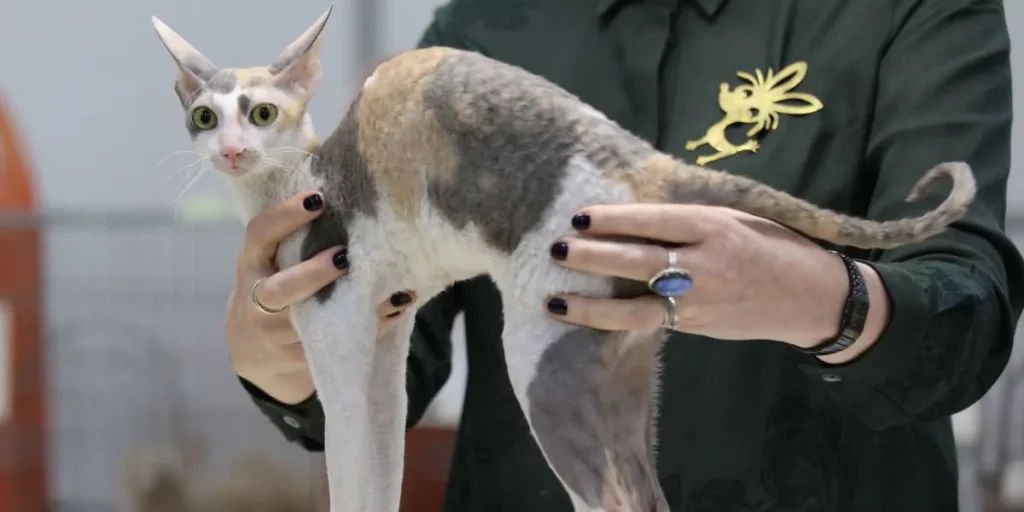
Reasons for a Skinny Cat
There are several potential reasons why a cat may be too skinny or lose weight unintentionally, including:
- Not Eating Enough: An abrupt change in appetite or lack of interest in food can lead to weight loss in cats. Dental disease, mouth pain, nausea, or stress can cause a decrease in food intake.
- Hyperthyroidism: This condition speeds up the cat’s metabolism leading to unintended weight loss. It usually affects older cats.
- Diabetes: Excessive thirst and urination caused by diabetes mellitus often result in weight loss.
- Cancer: Certain forms of cancer cause cats to lose their appetite and muscle mass.
- Parasites: Internal parasites like worms impair nutrient absorption and can cause weight loss.
- Malabsorption Issues: Diseases interfering with food absorption like IBD or intestinal lymphoma inhibit weight gain.
- Stress or Anxiety: Stress caused by changes in the environment, owners, other pets, etc. can lead to decreased appetite and fewer calories consumed.
When to Worry About a Skinny Cat
Signs that your cat is underweight and you should take action include:
- Visible Spine and Ribs: Being able to easily see and feel your cat’s spine, ribs, and hip bones indicates dangerous thinness. The skin may also tent.
- Loss of Muscle Mass: Fat and muscle loss leaves cats looking emaciated. Hollowness around the hips and tuck around the abdomen are telltale signs.
- Lethargy and Weakness: Skinny cats often have little energy and show decreased interest in physical activity and playtime.
An amazing post to read about maine coon tabby mix kitten
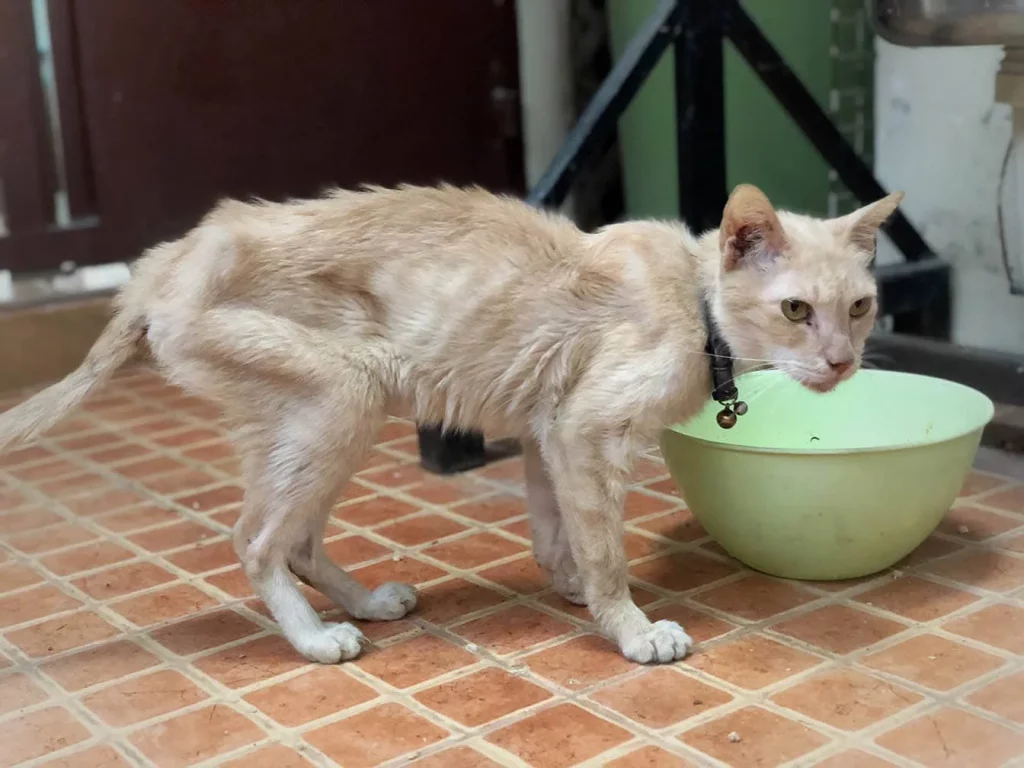
What to Do If Your Cat Is Too Skinny
If your cat is showing signs of being underweight, the following steps should be taken:
- Take to the Vet: Have your vet examine your cat to check for any underlying illness and determine if supplementary feeding is needed.
- Diagnostic Tests: Tests like bloodwork, urine analysis, stool exam, and imaging can uncover medical causes of weight loss.
- Increase Calorie Intake: Feed kitty smaller meals more frequently. Switch to a high-calorie cat food to up your daily caloric intake.
- Treat Underlying Issues: Manage diseases like hyperthyroidism, parasites, IBD, etc. to resolve the weight loss cause.
Tips for Helping Cats Gain Weight
Try these feeding tips tailored to underweight cats:
- Choose High-Calorie Cat Food: Seek out calorie-dense food with higher fat and protein levels. Wet food often has more calories.
- Add Nutritional Supplements: Supplements can provide concentrated calories. Options include gelatin, vegetable oil, and egg yolks.
- Give Treats Between Meals: Small snacks bump up overall food intake. Opt for meaty, high-protein treats.
- Stimulate Appetite: Warming wet food releases aroma. Pheromone diffusers help reduce stress. Play and interact to encourage eating.
- Monitor Intake Daily: Weigh the cat weekly record meals eaten and treat calories daily to ensure weight gain.
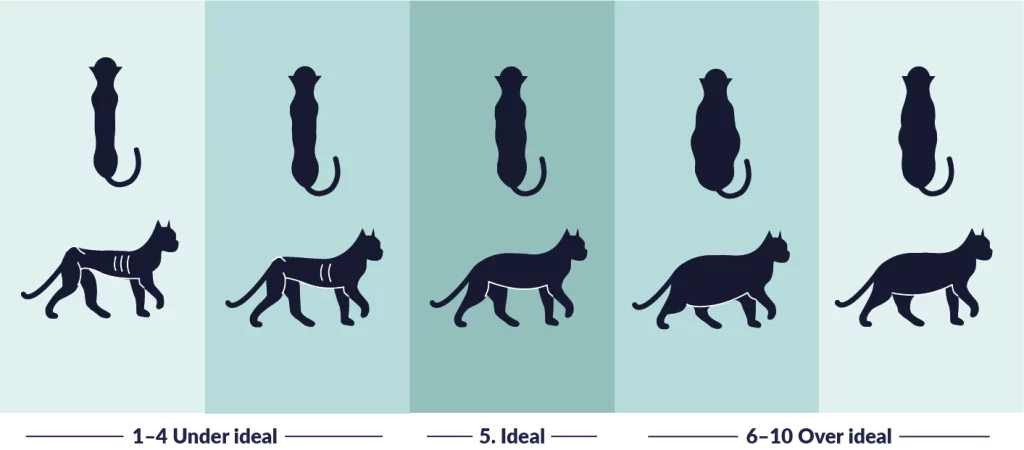
Risks of Being Too Skinny
Allowing cats to remain underweight poses the following health risks:
- Malnutrition: Being underweight leads to vitamin, mineral, and protein deficiencies.
- Organ Failure: Low body fat puts strain on the heart, lungs, kidneys, and liver.
- Weak Immune System: Lack of nutrients makes cats more prone to infections and illness.
- Respiratory Illnesses: Minimal fat stores reduce stamina needed for breathing and coughing.
Maintaining a Healthy Weight
To help your cat maintain optimal weight, be proactive with the following:
- Weigh Cat Regularly: Use a pet scale to check weight weekly or monthly to catch loss early.
- Portion Control: Follow portion guidelines on food packages based on your cat’s ideal weight.
- Encourage Exercise: Engage in active playtime daily. Use food puzzles. Provide cat trees and perches.
- Routine Vet Checkups: Wellness visits allow vets to monitor weight changes and assess health.
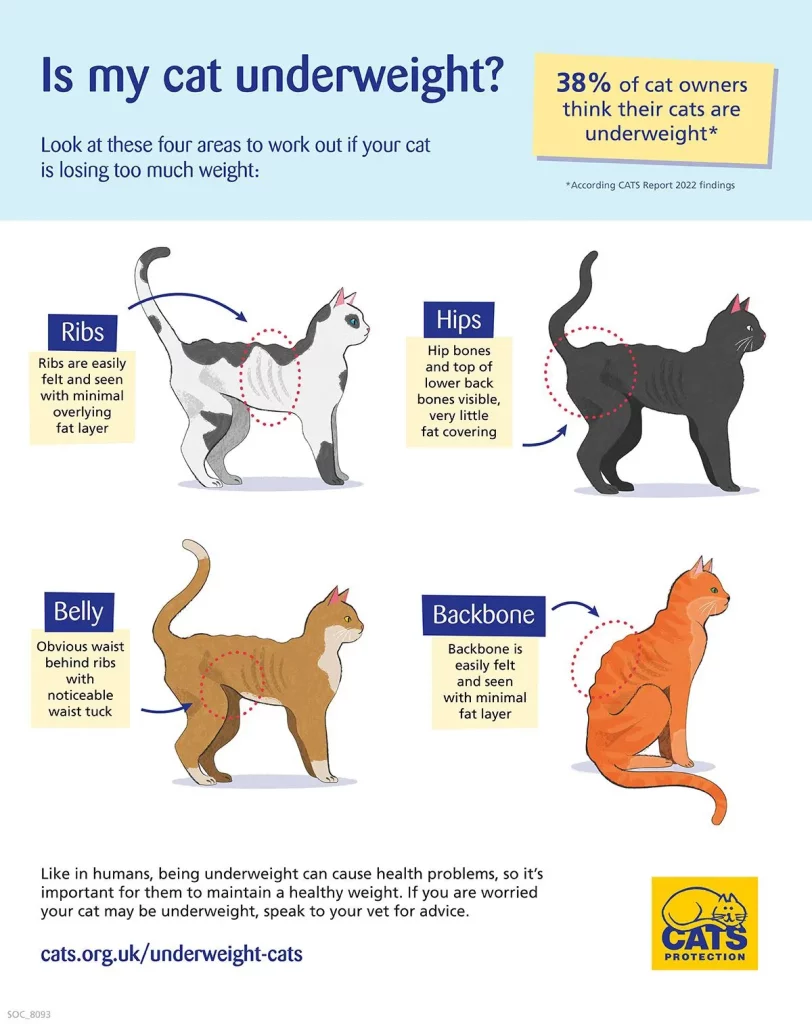
When Being Too Skinny is Normal
In some cases, it’s perfectly normal for cats to be on the slender side for Pet Care:
- Kittens and Adolescents: Young, growing cats need extra calories, so a slight rib outline in juveniles under 1 year is okay.
- Nursing Cats: Feeding kittens draws a lot of calories, so nursing mothers tend to be thinner.
- Certain Breeds: Svelte breeds like Siamese and Orientals tend to have naturally lithe builds.
- Older Cats: Weight loss often occurs as cats age due to less activity and lean muscle mass.
FAQs
Q1: How can I get my underweight cat to eat more?
A: First address any health issues causing poor appetite. Then transition to high-calorie food, offer warming wet foods with strong smells, give treats between meals, and stimulate play and activity near mealtimes.
Q2: When should I seek veterinary help for a skinny cat?
A: Seek help immediately if your cat has rapidly lost weight over just weeks or has become extremely bony, lethargic, or ill. Also, consult your vet if you cannot increase food intake or your cat’s weight remains low despite interventions.
Q3: What medical conditions commonly cause cats to be underweight?
A: Hyperthyroidism, diabetes, dental disease, cancer, gastrointestinal disorders, parasites, kidney disease, and liver disease are some of the most common medical culprits of weight loss in cats.
Q4: How often should I weigh my cat to monitor for weight loss?
A: Ideally, adult cats should be weighed monthly. Senior cats over 10 years old should be weighed every 2-4 weeks to catch weight loss early since they are prone to illness.
Q5: Why does my kitten feel so bony?
Kittens are naturally thin, but if your kitten feels overly bony, they may be underweight. This could be due to a number of factors, such as not eating enough, having parasites, or underlying medical conditions.
Wrapping Up
A too-slender feline with a noticeable spine and ribs often signals an underweight cat at risk for health complications. Work with your vet to determine the underlying cause, implement a tailored high-calorie feeding plan, bring your kitty in for regular weight checks, and monitor for safe weight gain. With the proper interventions, most underweight cats can successfully and safely get back to an optimal weight.

